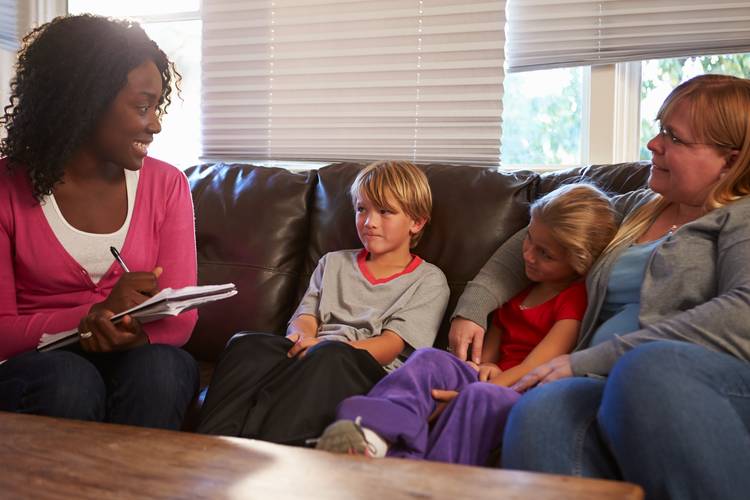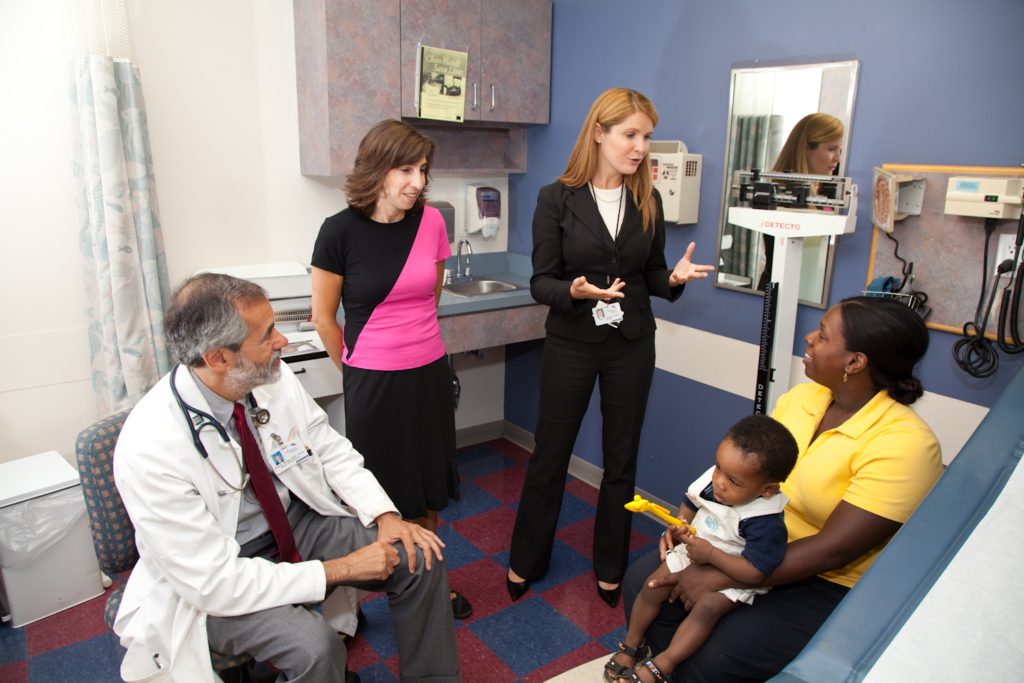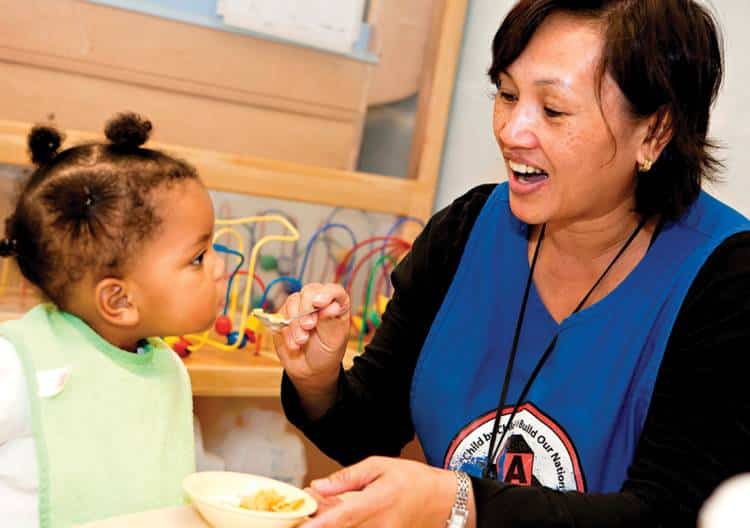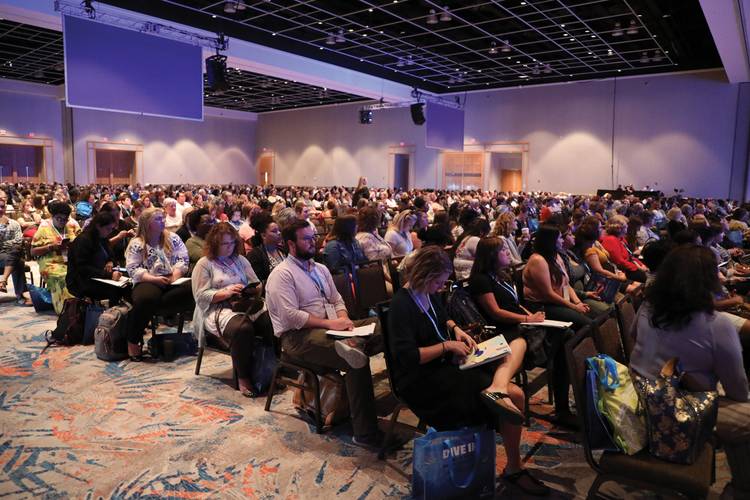What does an early childhood professional do?

Key Takeaways
Early childhood professionals play multiple different roles in the lives of babies.
Each role fulfilled by an early childhood professional is valuable and necessary, across the varied areas of expertise and strength.
- The ZERO TO THREE Learn Conference is the premiere opportunity for professionals to come together and advance the field.
A Wide Spectrum
Every person that comes into contact with a baby or toddler has the opportunity to make an impact on their life. Early childhood professionals play multiple different roles in the lives of babies.
Whether the child sees the professional daily or only benefits from the research they are completing, the work that early childhood professionals do matters. Here’s a quick snapshot of how different early childhood professionals contribute to a better future for children.

Nurse Practitioners and Pediatricians
Often the most consistent contact with a trained early childhood professional, the doctor’s office is staffed with caring, knowledgeable medical professionals who can help families with a wide variety of questions about child development.
Early Intervention Specialists
This specific group of early childhood professionals are trained to hone in on the multidisciplinary needs of children age 3 and younger. Developmental specialists, physical, occupational, and speech therapists, as well as nutritionists and vision and hearing specialists are all part of teams created to help babies with developmental delays thrive.
Social Workers, Psychiatrists, and Psychologists
This group of highly trained professionals have a specific skill set that focuses on the diagnosis and treatment of mental health disorders. Pediatricians, nurses, or Early Intervention Specialists refer families to mental health experts when a child needs extra support.
Adult Educators, Trainers, Parent Educators and Family Support Administrators, and Mentors
Parenting is a skill, and just like anything else humans learn, there is always room for growth. That’s where adult educators, trainers, and mentors come in. By teaching parenting skills and healthy intervention methods for negative behaviors, they help to raise a new generation of parents who build kids up.

Child Care Center Directors and Coaches
Child care center directors and childcare coaches are a vital part of the system raising and educating America’s babies. Directors and coaches mentor staff and ensure that infants and toddlers get the support they need. These leaders are responsible for making sure their school or center uses the latest evidence-based practices, adheres to local and national safety and education standards, and provides their students a place to thrive.
Higher Education, Researchers, and Evaluators
There’s a lot of talk about “evidence-based” programs. This means that a group of people have delved into the matter to find the statistically best outcomes for any given scenario. The early childhood professionals in higher education, research, or evaluation and data collection are invaluable to the work that is being done to improve the lives of infants and toddlers.

The ZERO TO THREE Learn Conference brings early childhood professionals from across the world together to advance the field.
It takes a village.
Each role fulfilled by an early childhood professional is valuable and necessary, across the varied areas of expertise and strength.
From the front lines in the classrooms and daycare playgrounds daily to those shaping the health and wellness on a federal level, early childhood professionals take seriously the weight of shaping our country’s youngest citizens.
Browse resources and trainings just for early child professionals.

